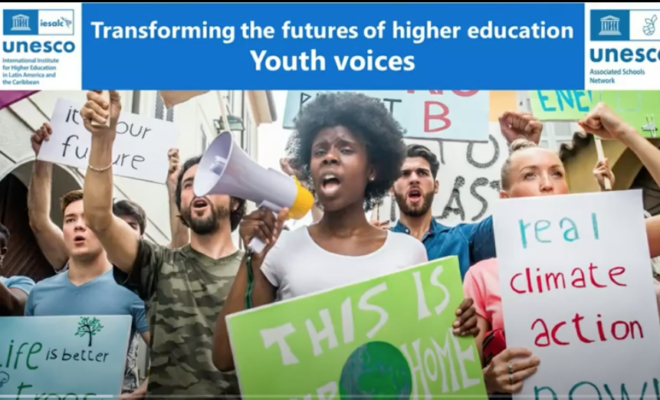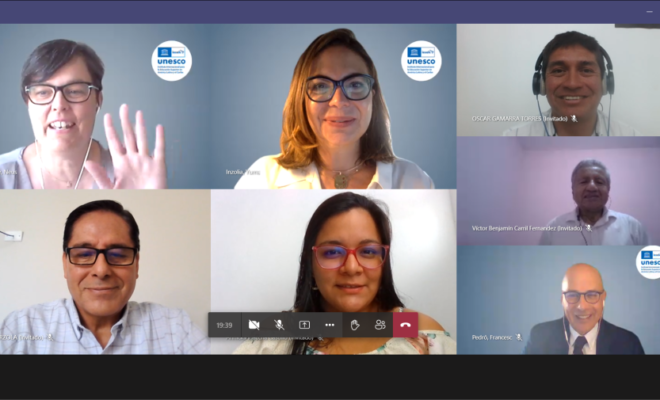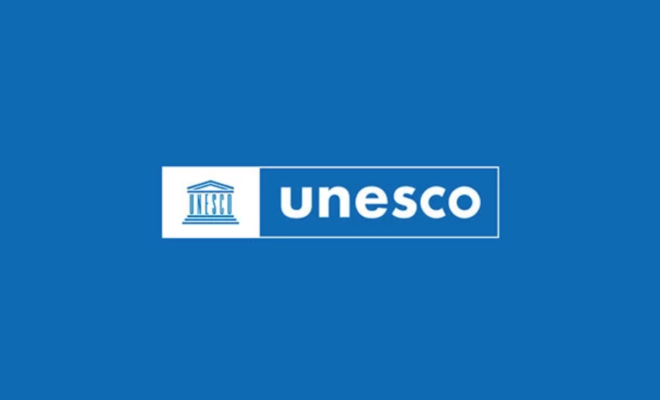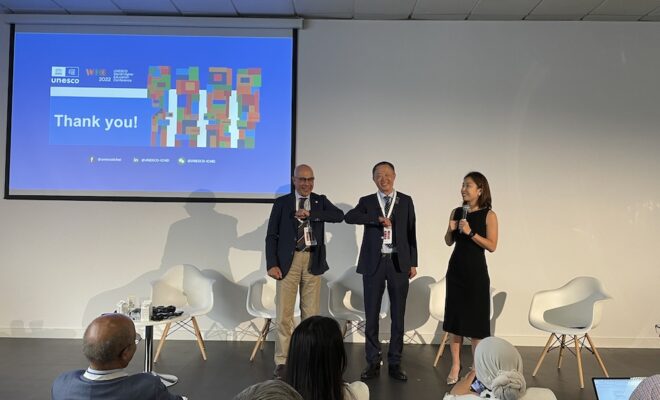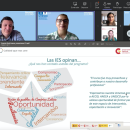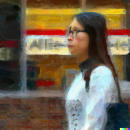Education in times of change | El Espectador

Given the transcendental and definitive role of higher education in these current times, it is necessary to continue responding to the growing challenges that arise.
By José Consuegra Bolívar* in alliance with Universidad Simón Bolívar | Twenty-one months after the declaration of the covid-19 pandemic, society has learned to live with the virus and its variants, in the midst of multiple restrictions, biosecurity measures and permanent immunization campaigns. In our country the government was able to acquire a good quantity of vaccines in time, and Colombians were willing to get vaccinated. The radical changes in daily life, motivated by the measures to stop the disease, modified our habits, customs and processes in all sectors of society.
In the case of higher education, its actors and stakeholders had to be disruptive and innovative in order to achieve new dynamics in their mission responsibilities, devising and redesigning strategies that would allow excellence in training and scientific research, despite the limitations of quarantine and social distancing; we had to prioritize the learning needs of students, the possibilities and capabilities of teachers and researchers, and the characteristics of pedagogical processes. In addition, we had to adapt the educational infrastructure and make intensive use of information and communication technologies with their technological equipment, programs and platforms.
In spite of this, global analyses show the great gap opened by children and young people who were left behind because they dropped out of institutions or lacked the means to continue classes through digital means, as well as those who had limitations to achieve performance in their learning due to the impossibility of assimilating teaching on-line and not being able to interact in laboratories and practice fields.
Given the transcendental and definitive role of higher education in these current times, it is necessary to continue responding to the growing challenges that arise, such as learning to live in uncertainty and permanent change, validating and integrating virtual scenarios and digital tools as a propositional complement, enhancing and reformulating hybrid teaching, promoting self-care in a decisive manner and consolidating values such as solidarity and cooperation, among others.
As a result of a public consultation with 1,200 people in 100 countries, UNESCO presented in November the report “Pathways to 2050″, on the future of higher education, proposing four main paths: quality of life, social change, care for the environment and development of technology. In order to have greater access to higher education and the search for equity, those consulted suggest focusing on future student-centered quality learning processes, which respond to their abilities, interests and needs; as well as the promotion of values.
The report also concludes that respondents are hopeful that “higher education institutions will become beacons of information, providing reliable and relevant knowledge to overcome future crises while being more resilient to their impact”.
Inevitably, both for the present and in anticipation of future scenarios, society and, in particular, the academic world must become aware of the fragility of humanity in areas such as health, the environment and social equity. This challenging present must be faced decisively and firmly with resilient and inclusive educational processes and pedagogical models, framed in policies and strategies of good governance, transparency and high quality.
*Rector of the Universidad Simón Bolívar
Photo: Getty Images
RELATED ITEMS

